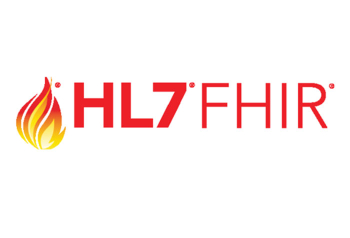AMIA 2022 Annual Symposium, Washington, D.C.—Addressing the Curly Braces Problem
Medexter’s CEO Klaus-Peter Adlassnig co-authored a poster on “Implementing Health Level Seven Fast Healthcare Interoperability Resources (FHIR) as a Standard Data Model for the Arden Syntax.” Transferring medical logic modules (MLMs) from one site to another currently requires site specific changes to be made. Due to the curly braces used to enclose these site-specific references, this is also known as the curly braces problem. A standardization of mappings to local clinical data would minimize the necessary changes and therefore simplify interoperability. HL7 Fast Healthcare Interoperability Resources (FHIR) has been proposed for this, as prior work has shown that this data model is adequate for representing query data elements in a typical knowledge base of MLMs. The HL7 consensus-based standard development process was used to create and expand constructs in the Arden Syntax to allow direct reference to FHIR for data queries and to standard value sets for assessing query results. These value sets now can be mapped to local variables. Because such query data mappings are now standardized, the need for the curly braces construct to signify local data mappings has been eliminated, although it is preserved for backward compatibility. To validate the new construct, use cases representing typical clinical and clinical decision support (CDS) scenarios were employed. This new version (v3.0) of the Arden Syntax standard, that incorporates support for references to FHIR, will be balloted as an HL7 standard in 2023.

